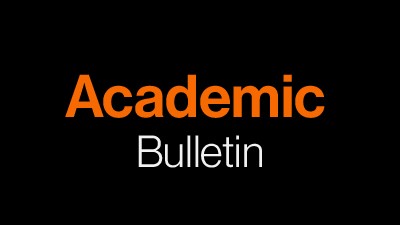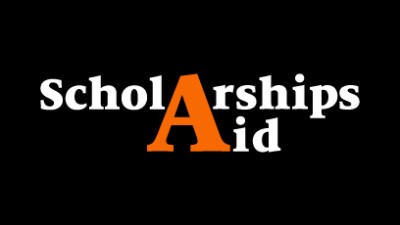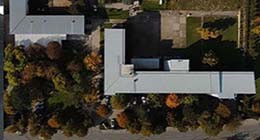Visar Berisha
Adjunct Faculty
Bio
Visar Berisha has been working in social and policy research for more than 25 years now. He is specialized in quantitative and qualitative research with more than 15 years of experience at Kantar Kosovo. He is also specialized in policy research in the fields of public health and environmental research, as well as local governance and public finance, with 7 years of experience at the Institute for Advanced Studies. Visar is responsible for research and product development at Kantar Kosovo, and he currently teaches four public policy courses at the Rochester Institute of Technology in Kosovo.
Visar holds a Master of Science degree in Public Policy and Management from the University of London and a bachelor’s degree in Sociology from the University of Prishtina. He speaks Albanian, English and Serbian.










